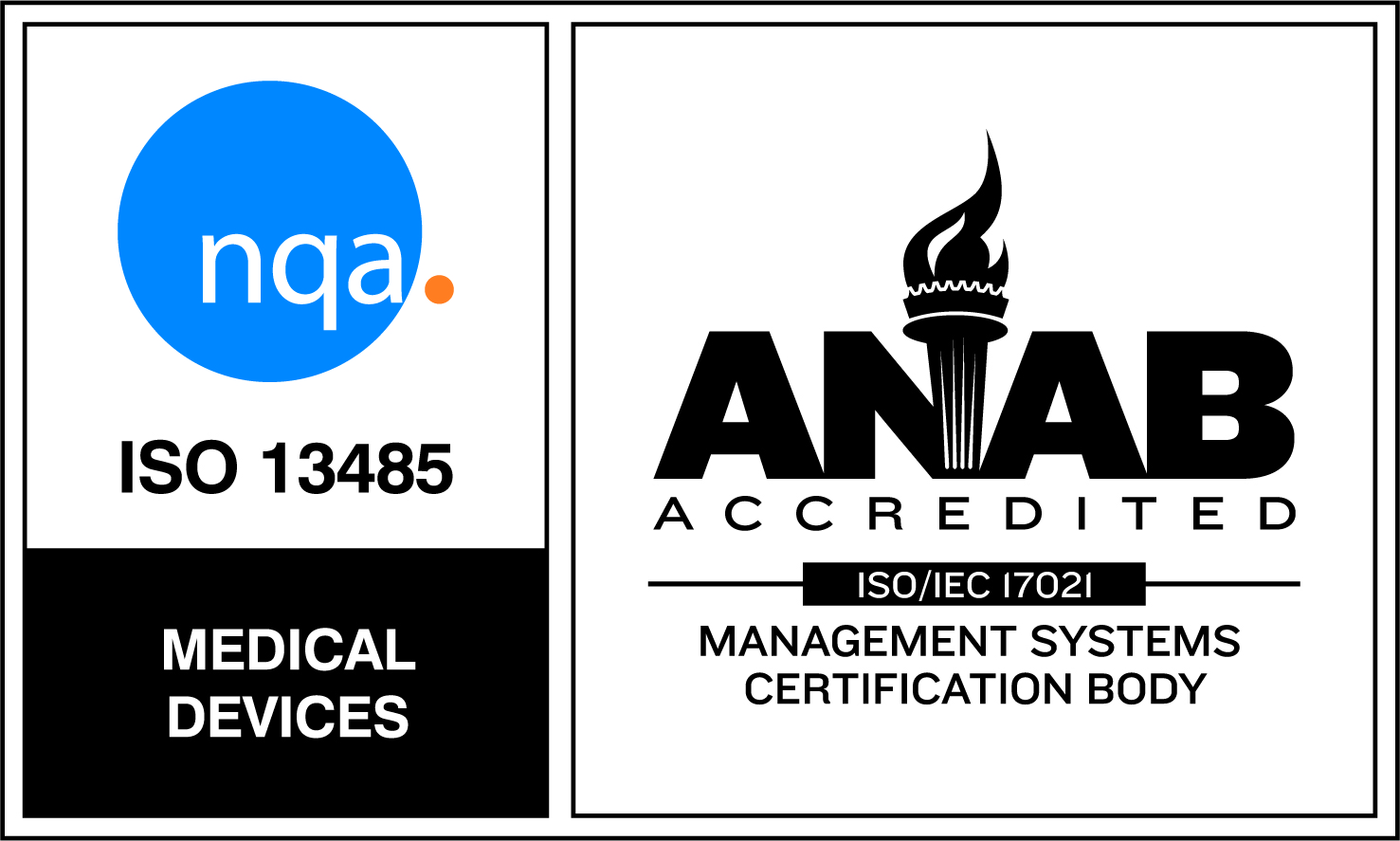Electrode Characterization and Long-term Testing
Electrochemical properties of electrodes relevant to recording and stimulation are measured in electrolyte models of interstitial and cerebrospinal fluid or in buffered physiological saline. The measurements can quantify charge capacities and impedance of electrodes, estimate safe levels of charge-injection, determine
impedance at neural recording frequencies, determine the stability and corrosion resistance of electrodes, and assess the integrity of encapsulation at electrode sites.
Electrochemical Characterization
• Impedance Spectroscopy (EIS)
• Charge-injection Capacity
• Cyclic Polarization (ASTM F2129)
• Other potentiostatic and coulometric techniques
• Metal dissolution
• Scanning electron microscopy
Long-term Testing
Long-term pulsing using clinically relevant and accelerated pulsing regimes
Accelerated soak testing with periodic electrochemical characterization
Test results are provided in written narrative reports that included reduction and analysis of the data,
graphical presentation, and a discussion of the results in the context of the intended use of the electrodes.
Contact us to discuss electrode fabrication and testing at EIC Biomedical.
Limitations: The use of test results and test articles for any application is the sole responsibility of the end-user. Results of in vitro testing do not establish in vivo safety. The performance of electrodes and electrode devices and the robustness of encapsulation may depend on the manner of use, post-fabrication history, and other factors that are not predictable.

